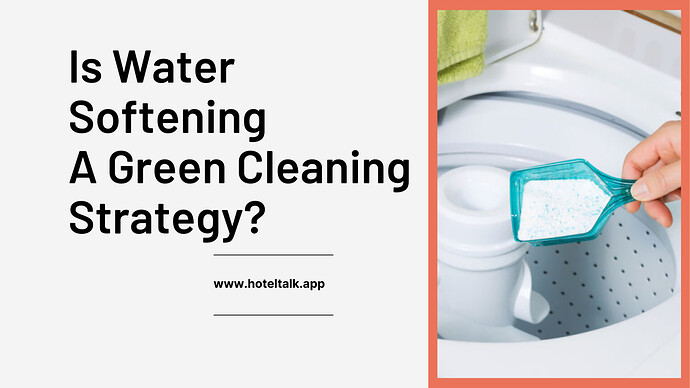Want to reduce cleaning chemical usage by 50 percent and address building occupant concerns over chemical usage and its impact on indoor air quality (IAQ)? Encourage building owners or facility administrators to buy a water filtration system.
Though not commonly thought of as an area of concern for cleaning professionals, water filtration can be a valuable tool to cleaners battling budget woes, IAQ concerns and building occupants’ demands to adopt green cleaning practices.
Cut the Chems! ‘‘You can save at least 50 percent of any type of cleaning product used to remove dirt, greases, anything,’’ said Joe Harrison, Technical Director, Water Quality Association. That’s because impurities in the water—calcium, iron, lead, etc.—engage the cleaning agents in the chemical. In turn that reduces the effectiveness of the agents, requiring more of the chemical to be used, saidHarrison. One cleaning educator advises cleaning professionals in buildings where hard water is a problem to increase chemical concentration by one level in dilution control systems.
Roger McFadden, a chemist and vice president of Coastwide Laboratories, Wilsonville, OR, said, ‘‘Unless controlled, hard water can diminish the effectiveness of a variety of cleaning products.’’ More Green Chemicals Water filtration systems allow the use of more environmentally friendly and safe for humans cleaning chemicals, said green cleaning advocate Steve Ashkin, The Ashkin Group, Bloomington, IN.
The Soap and Detergent Association (SDA) said hard and impure water in buildings:
- Leads to the creation of ‘‘soap scum’’ and films on surfaces
- Creates spots on glass and windows
- Causes calcium and other buildup on metals and restroom fixtures
- Aids in the development of rust
- Leaves dull, discolored appearances on porcelain and chrome
To combat these problems, cleaning professionals often turn to more aggressive chemicals, such as acids, for cleaning. In some instances, said James Stewart, supervisor, Janitorial Services, BMG Entertainment, Indianapolis, that practice creates even more problems for cleaning professionals as the mineral deposits in the toilets and urinals capture the acids and create running water stains.
At the same time, those more aggressive chemicals are typically dangerous for cleaning professionals to use and can pose health problems for building occupants. Ashkin said that installation of a water filtration system, though, allows for the usage of more environmentally friendly, benign and safer chemicals.
IAQ Rewards
Because the byproduct of water filtration systems is reduced chemical usage and usage of safer, environmentally friendly chemicals to clean, water filtration systems can be considered a method to reduce indoor air quality (IAQ) issues. ‘‘People tend to overlook it, but it’s a really good strategy,’’ said Harrison.
With concerns over cleaning chemical usage and its impact on indoor air quality (IAQ) reaching all-time high levels, cleaning professionals can tap into this as a new marketing method. The US Green Building Council considers water filtration in the certification of a building as ‘‘green.’’ Cleaning Rewards Cleaning professionals can realize other rewards beyond the budgetary savings from less chemical usage and healthier environment created by water filtration systems.
Areas where filtered water is key to increased productivity for cleaning include:
- Windows
- Stone surfaces
- Laundry operations
- Cooling systems and boilers
The bottom line is ‘‘water is the main thing in making water work better in washing and cleaning.’’
